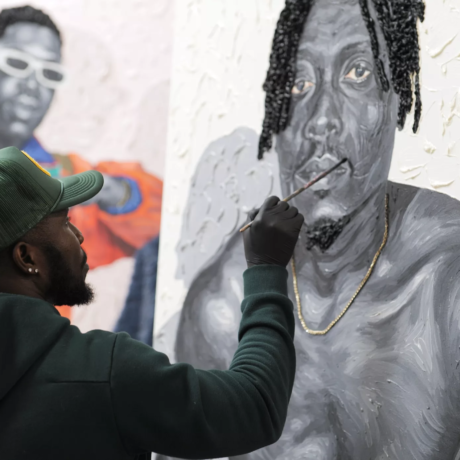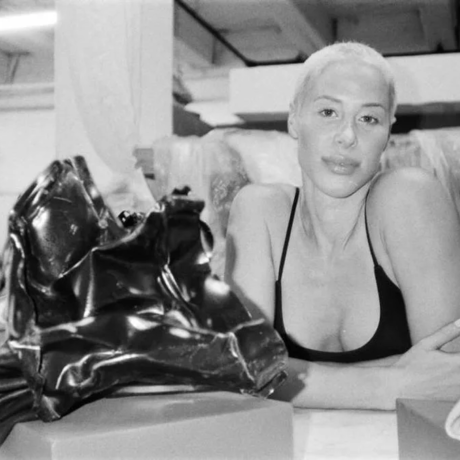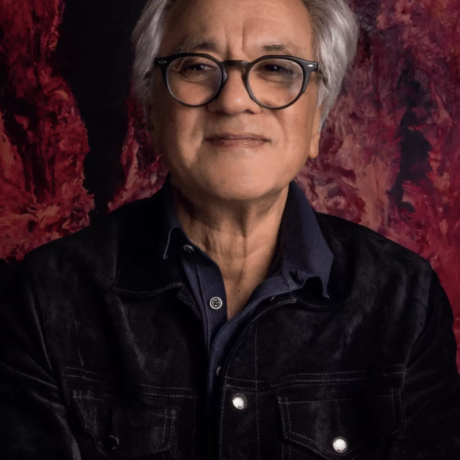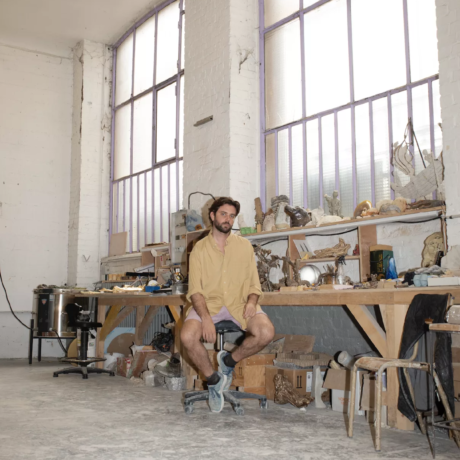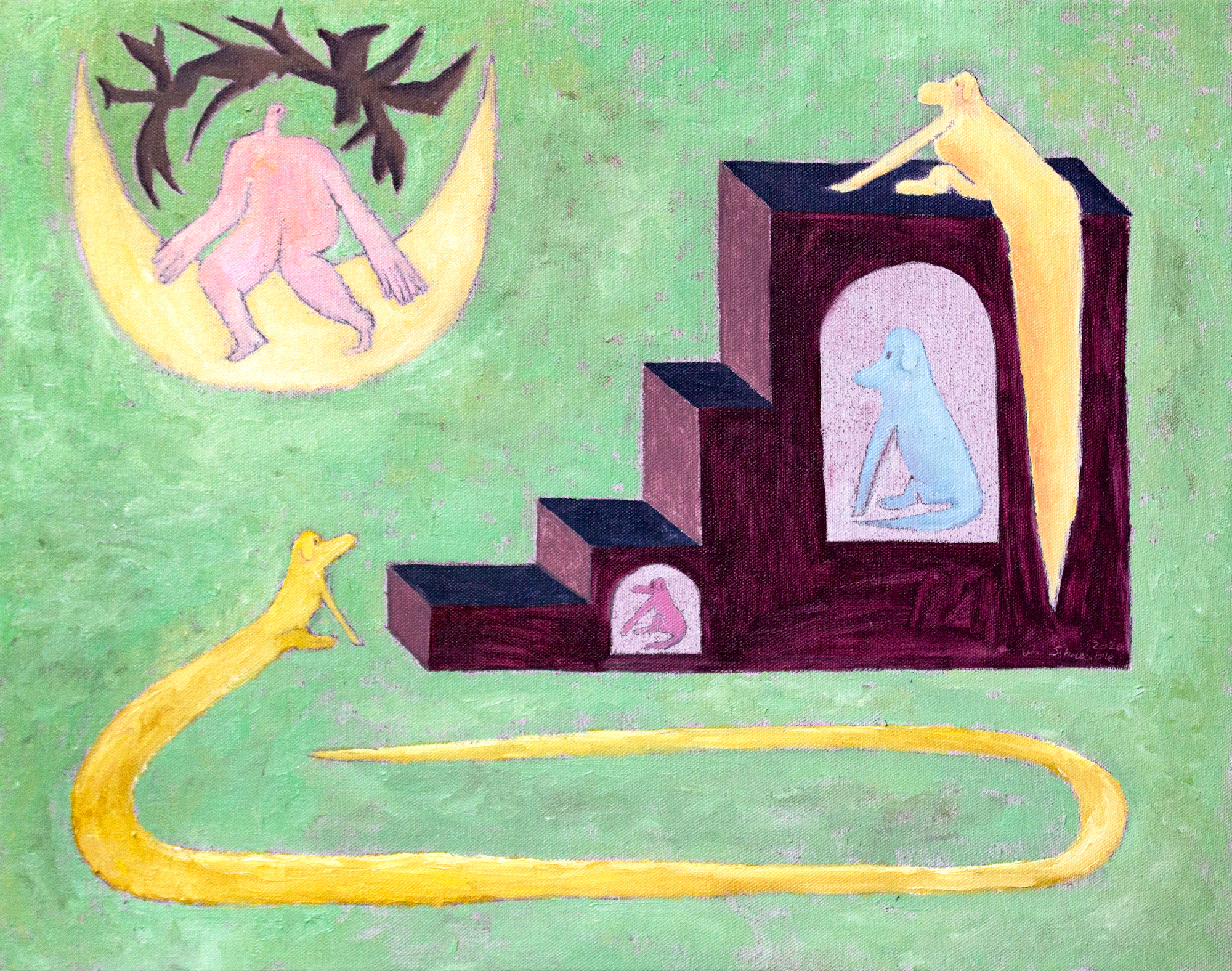
I grew up in a clutter-free home. Household items were routinely reassessed and empty shelves swept clean. “Do you really need it?” my mother would ask, weighing an object heavily in one hand. More than once, I discovered that she had wordlessly carted things off to the charity shop. This is a woman, I might add, who threw away her own wedding photographs because they were taking up space. Everything was kept neat and tidy, but our home lacked the creativity that often comes with objects which have no discernible place or function.
As I began to visit friends’ homes more frequently as a teenager, I couldn’t help but feel jealous of their busier surroundings. Perhaps it was a coincidence, but I seemed to gravitate towards friends who came from creative backgrounds; they had parents who were artists, photographers, musicians and academics. Unsurprisingly, their houses were stuffed with books, records, trinkets, artwork and sentimental keepsakes. In one friend’s bedroom, we were allowed to draw directly onto the walls, an act of sacrilege so great that I felt giddier and more transgressive in the act than the first time I took ecstasy.
Most of all, I envied their books: artist monographs, novels, criticism and poetry. It wasn’t just the sheer number of books, but the wide-ranging variety of topics and clearly defined areas of interest. I frequently visited my local library, but I lacked direction in the books that I selected to take home. Often, I would reread the same titles again and again until I knew them almost by heart. A recent 2018 research study found that “adolescent exposure to books is an integral part of social practices that foster long-term cognitive competencies spanning literacy, numeracy and ICT skills.” The researchers add that “a home library boosts adult skills in these areas beyond the benefits accrued from parental education or own educational or occupational attainment.”
“Without clear direction, the pursuit of a role in the art world can feel almost impossible“
On the shelves of friends, I discovered authors who I never would have come across in the narrow curriculum at school. Through their parents, many of whom had found moderate success in the creative industry, I slowly realigned my own expectations and ambitions. Where I had previously dismissed my interest in art and culture as whimsical, I started to recognise it as the beginnings of a possible, viable career. I acquired new cultural references and gained practical insight into the paths that they had taken.
The ability to imagine yourself succeeding in a creative job is central to taking the first steps towards it. Without clear direction, the pursuit of a role in the art world can feel almost impossible. When I interviewed Anthea Hamilton last year, she reflected on this disconnect: “I didn’t know that being an artist was something that someone could do. The image of an artist was someone like Toulouse-Lautrec… you don’t realise that it could be a reality. Definitely not how I grew up,” she recalled. “I think I realised I was quite an artistic person, which is different from being an artist.”
Role models are of huge importance when it comes to inspiring young people, especially those who come from underrepresented backgrounds. Formal mentoring programmes, notably Arts Emergency in the UK, aim to address this gap, pairing school-age students with creative professionals who are able to offer guidance and advice. By answering even the simplest of questions, mentors can help students to feel less isolated. It is undeniably a class-based issue; looking back now, I can recognise that my early exposure to this privileged world deeply shaped my trajectory.
Nepotism is often derided as a toxic force within the creative industry; those with famous or well-connected parents are frequently elevated into positions that they don’t deserve. However, less easy to spot are the intangible connections forged behind the scenes. A parent might not usher their child directly into a new job, but they can pave the way for their success through the example they set and unique perspective that they provide.
“Nepotism is often derided as a toxic force; less easy to spot are the intangible connections forged behind the scenes“
It is common for those who work in the creative industry to come from artistic backgrounds themselves. There are countless artist parents and children; while this relationship can come with its own informal pressures, a shared career trajectory is undoubtedly more of a help than a hindrance. Recently, a quote from David Balzer’s 2014 book Curationism circulated online: “Hans Ulrich Obrist was born in Zurich, Switzerland, to non-art-world parents, and yet his legend begins early,” it read. When non-art-world parents are considered to be a notable exception, the extent to which familial relationships can influence success within the industry is made uncomfortably evident.
I used to wish that I had grown up differently, but I no longer resent my mother in the way that I once did. As a first-generation immigrant to the UK, I recognise the challenges that she faced in her own career as an accountant starting out in London in the early 1980s, and as a single parent. She might not have had the creative advice or cultural references that I craved, but she broadened my view of the world around me.
Our background and the ideas that we are exposed to from an early age can have a profound impact on who we become. A leg up doesn’t always mean professional introductions and private school; sometimes, it can be as simple as someone who shows you a path that is different to the one you thought you were on. Opportunities aren’t just about opening doors; they are about offering you the tools to find your own way; they are about the privilege of self-belief.
Are We There Yet is a fortnightly column by Louise Benson. Top image © William Schaeuble
